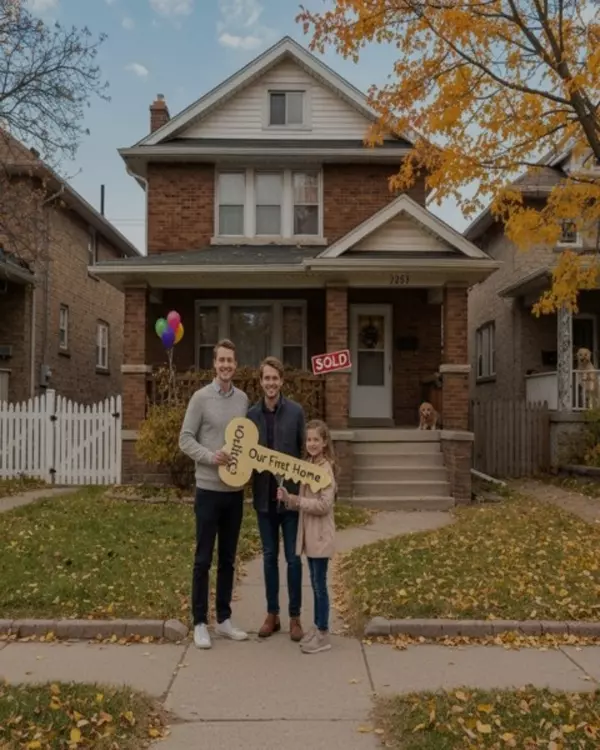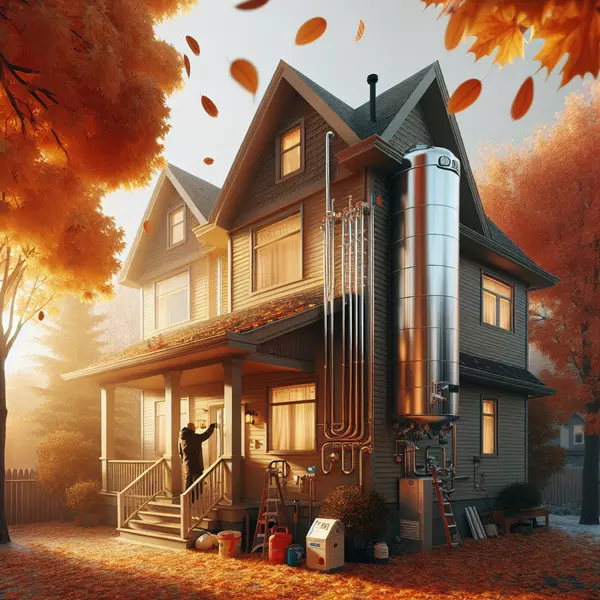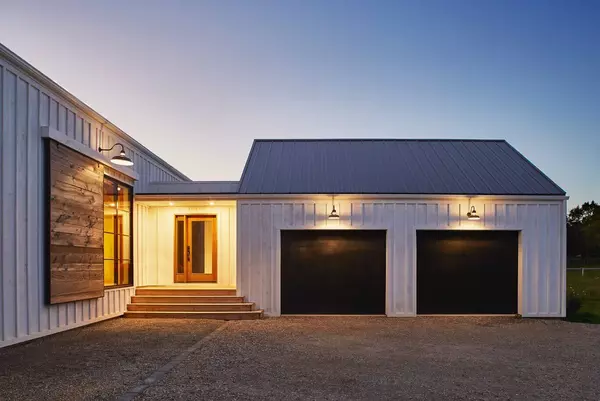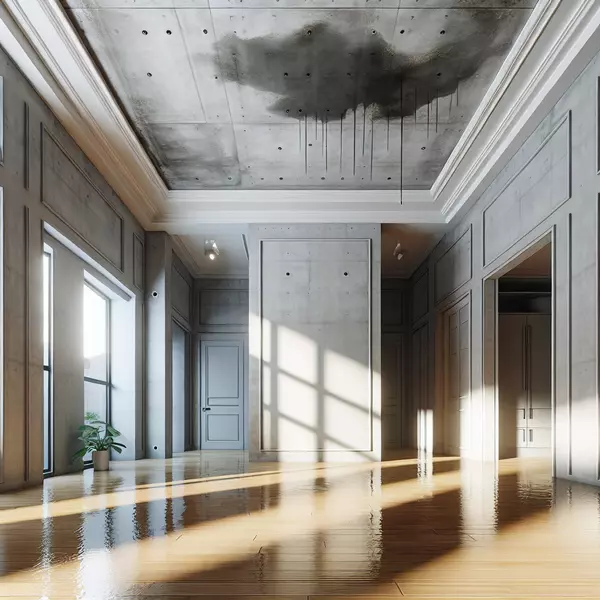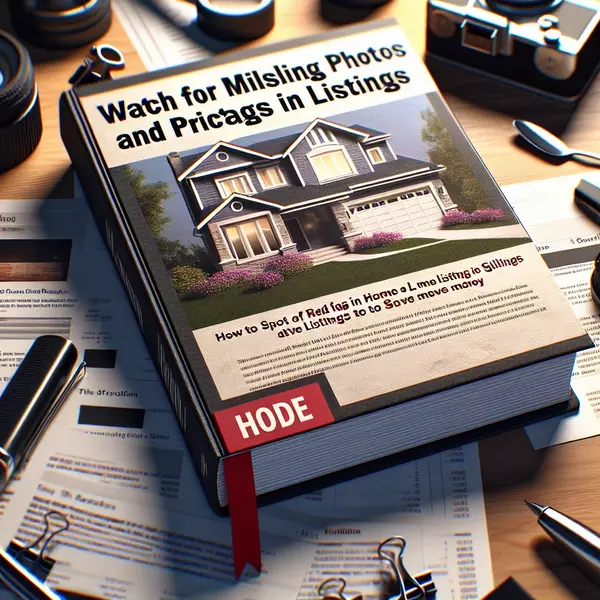Stop Your Pipes from Freezing: Tips for New Homeowners in Winnipeg
Stop Your Pipes from Freezing: Tips for New Homeowners in Winnipeg
Moving into a new home is exciting, but it comes with responsibilities, especially in a city like Winnipeg, where winters can be harsh. One important job is to keep your pipes from freezing. When water freezes, it expands, and this can cause your pipes to burst. This can lead to costly repairs and a big mess. This guide will help new homeowners in Winnipeg prevent such problems.
Understand Why Pipes Freeze
Before jumping into the solutions, it's important to know why pipes freeze. When temperatures drop below zero, unprotected pipes can freeze. This is especially common in areas without much heat, like basements, attics, and garages. Knowing where your pipes are most at risk helps in preventing freezing.
Identify At-Risk Pipes
Knowing which pipes are most vulnerable is important. Pipes near exterior walls, unheated spaces, or those outside your home are at high risk. Check for pipes in these areas and make a note of them. If you’re unsure, enlist a local plumber to identify vulnerable spots.
Insulate Your Pipes
Insulating your pipes is one of the best ways to keep them safe during cold weather. Pipe insulation is easy to find at local hardware stores, and it comes in a variety of materials like foam or rubber. Here's how you can do it:
-
Measure Your Pipes: Start by measuring the length and diameter of your pipes so you know how much insulation you’ll need.
-
Purchase the Insulation: Buy enough insulation material to cover all the pipes you need to protect.
-
Wrap the Pipes: First, clean the pipes to ensure the insulation sticks well. Then wrap the insulation around the pipes. Make sure there are no gaps where cold air could sneak in.
-
Secure the Insulation: Use duct tape or zip ties to keep the insulation in place.
Keep the Heat On
Even if you aren’t home, keep your thermostat set above freezing. This is especially important if you travel during the winter months. Keeping the home at a steady temperature can help prevent your pipes from freezing.
Open Cabinet Doors
Pipes are often located in cabinets under sinks. Open these doors to let the warmth from the rest of the house keep the pipes warm. Make sure dangerous cleaners and household chemicals are out of reach of children if cabinets are left open.
Seal Cracks and Openings
Cold air can enter your home through cracks and openings around windows, doors, and even pipes. Seal these gaps with caulk or weather stripping to keep the cold air out. This not only helps your pipes but can also make your home more energy-efficient.
Install Heat Tape
Heat tape is another option for protecting pipes. It acts like an electric blanket for your pipes, keeping them warm. You can wrap heat tape around pipes, and it’s especially useful for pipes located in unheated areas.
Steps to Use Heat Tape:
-
Choose the Right Tape: There are different kinds of heat tape, some that turn on automatically and others that you need to control. Choose the one that suits your needs.
-
Read the Instructions: Follow the manufacturer’s instructions closely to ensure safe and effective use.
-
Wrap the Tape Around the Pipes: Ensure it covers the entire length of the pipe, especially on vulnerable sections.
-
Plug in the Tape: Make sure there are no twists or overlaps, and plug it in to keep the pipes warm.
Disconnect Outside Hoses
Don’t forget to take care of outside faucets and hoses. Disconnect all hoses and turn off water to outside taps, draining any remaining water. This prevents any trapped water in pipes from freezing and causing damage.
Plan for Emergencies
Even after taking all precautions, sometimes pipes can still freeze. Knowing what to do when this happens can save you time and prevent damage.
-
Locate Your Main Water Shut-Off Valve: Know where this is so you can quickly turn off water if a pipe bursts.
-
Have a Hairdryer or Heating Pad Handy: You can thaw frozen pipes safely using a hairdryer or heating pad. Never use an open flame to thaw pipes, as this could damage the pipe or start a fire.
-
Call a Professional: If you’re unable to thaw the pipes yourself or if a pipe bursts, call a professional plumber immediately.
Conclusion
With these tips, new homeowners in Winnipeg can better protect their homes from burst pipes during the cold winter months. Remember, preparation is key to avoiding costly and stressful repairs. By knowing your home and taking action ahead of time, you can keep your pipes and your home safe and warm all winter long.
Categories
Recent Posts


